SAT German – The Basics
The German Subject Test (SAT German) will allow you to show that you have excellent language skills. Taking the test will help you to complement your admission portfolio and will also give you a good head start if you are taking any introductory German courses at university as well.
What you must know:
The SAT German test will test your reading and writing skills. The test consists of 85 multiple choice questions, it lasts 60 minutes and will be awarded with 200-800 points.
The test is only offered in June.
The test splits itself in two major parts that are going to be tested:
1. Vocabulary in context and structure in context (grammar), which counts 50% towards the exam and
2. Reading comprehension, which counts another 50%.
The skills that you need in order to score highly in the test:
1. A wide range of vocabulary, including knowledge of some basic idioms
2. A very good grammar knowledge (there will be some vocabulary and structure questions which will be embedded in longer paragraphs)
3. The ability to read passages with different styles and levels of various styles (fictional text, essay, historical text, newspaper article, timetable, advertisement, etc.) which you will be asked to read and answer comprehension tasks about.
What’s the best way to prepare for the test:
You should be working on various grammar topics on a regular basis. Pick one grammar topic at a time and try to do as many exercises as you can. Once you feel comfortable with one topic, choose another topic and start the same procedure again.
There are various grammar books that you can work with. The “Hueber” series offer a wide range of exercises for different learner and ability types. For the SAT preparation, I recommend the ones with A2-B2 level.
Click here for grammar book recommendation
Build your vocabulary. Try to read as many German sources as you can. While reading, highlight unknown words, look them up and write down its meaning. Initially, this can be a daunting task but you will see, once you worked through a few topic related texts, your understanding of any further text that you will read, will become much easier.
You should be reading from a wide range of sources, i.e. newspaper articles, magazine articles, online resources and literature texts. The internet offers plenty of websites, where you can read and expand your vocabulary on the go.
The “Die Deutsche Welle” webpage, offers news and a variety of texts for different levels. You can watch videos with German subtitles, read text that are often bilingual and slowly build your vocabulary in different topic areas.
Click here to go to “Die Duetsche Welle”
Once you`ve accumulated a good range of vocabulary, you should start doing a few vocabulary exercises.
→ The “Hueber” series offer a few textbooks that can help you to build your vocabulary.
Click here for vocabulary exercise recommendations
Below you can find a few example questions:
During the test you will have to prove that you have the ability to choose a suitable word, phrase or expression in order to fill in a missing gap of a text.
Example:
→ Der letzte Zug heute ——- um zehn Uhr ab.
(a) fahrt
(b) fahr
(c) fahre
(d) fährt
→ Meine Mutter ist sich sicher, dass ——- .
(a) ihre Freundin heute pünktlich kommt
(b) ihre Freundin kommt heute pünktlich
(c) kommt ihre Freundin heute pünktlich
(d) heute kommt ihre Freundin pünktlich
→ Susanne und ihre Schwester wollten nach dem Frühstück in das Einkaufszentrum gehen, ——— sie für ihre Mutter ein Weihnachtsgeschenk kaufen wollten.
(a) da
(b) dass
(c) um
(d) den
→ Die blauen Socken sind ——
(a) mein
(b) meine
(c) meins
(d) meinen
→ Ich schwimme lieber im See —– im Schwimmbad.
(a) wie
(b) um
(c) als
(d) wo
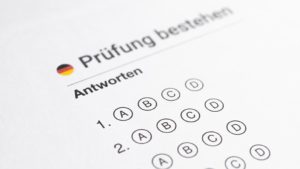

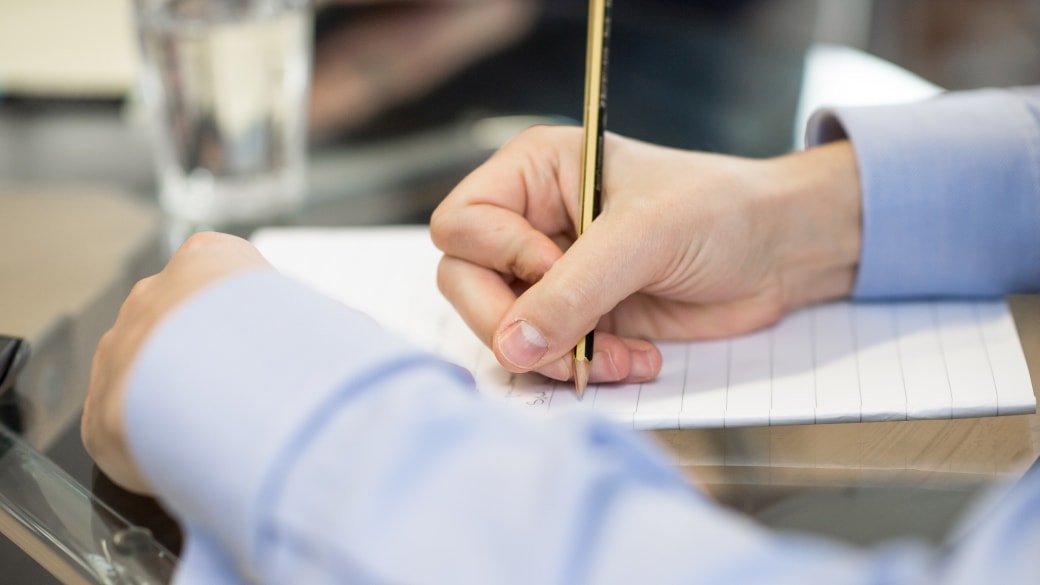


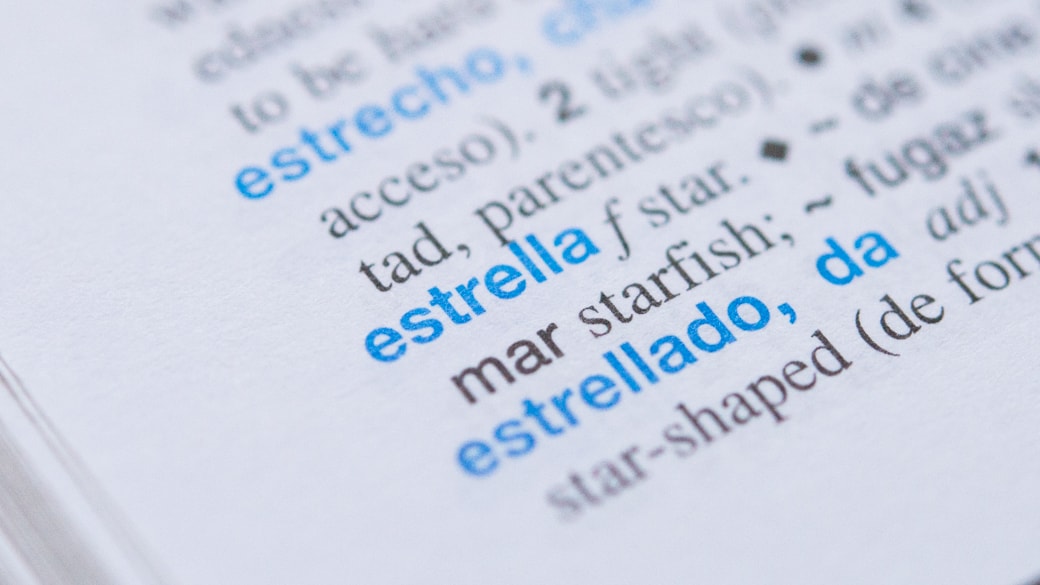
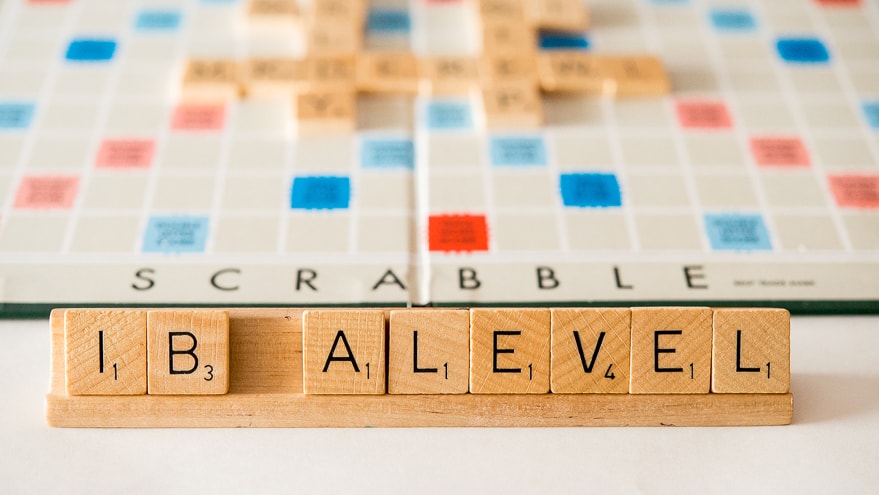
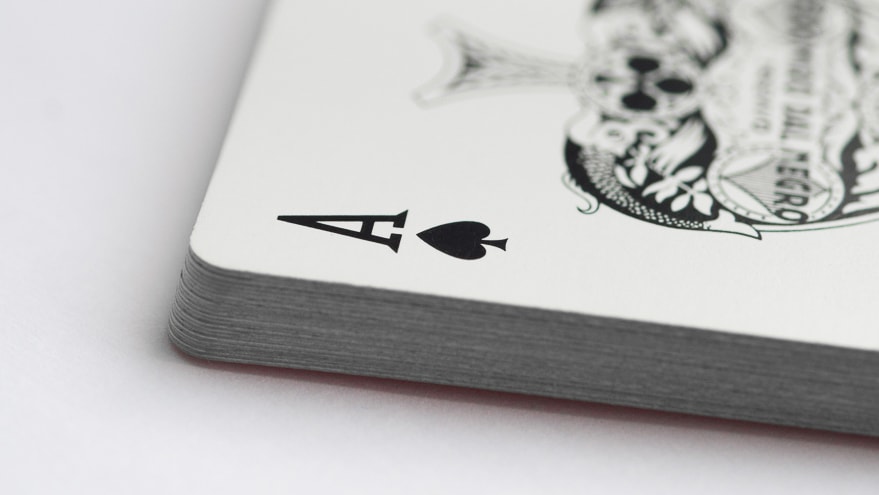
Start the discussion!